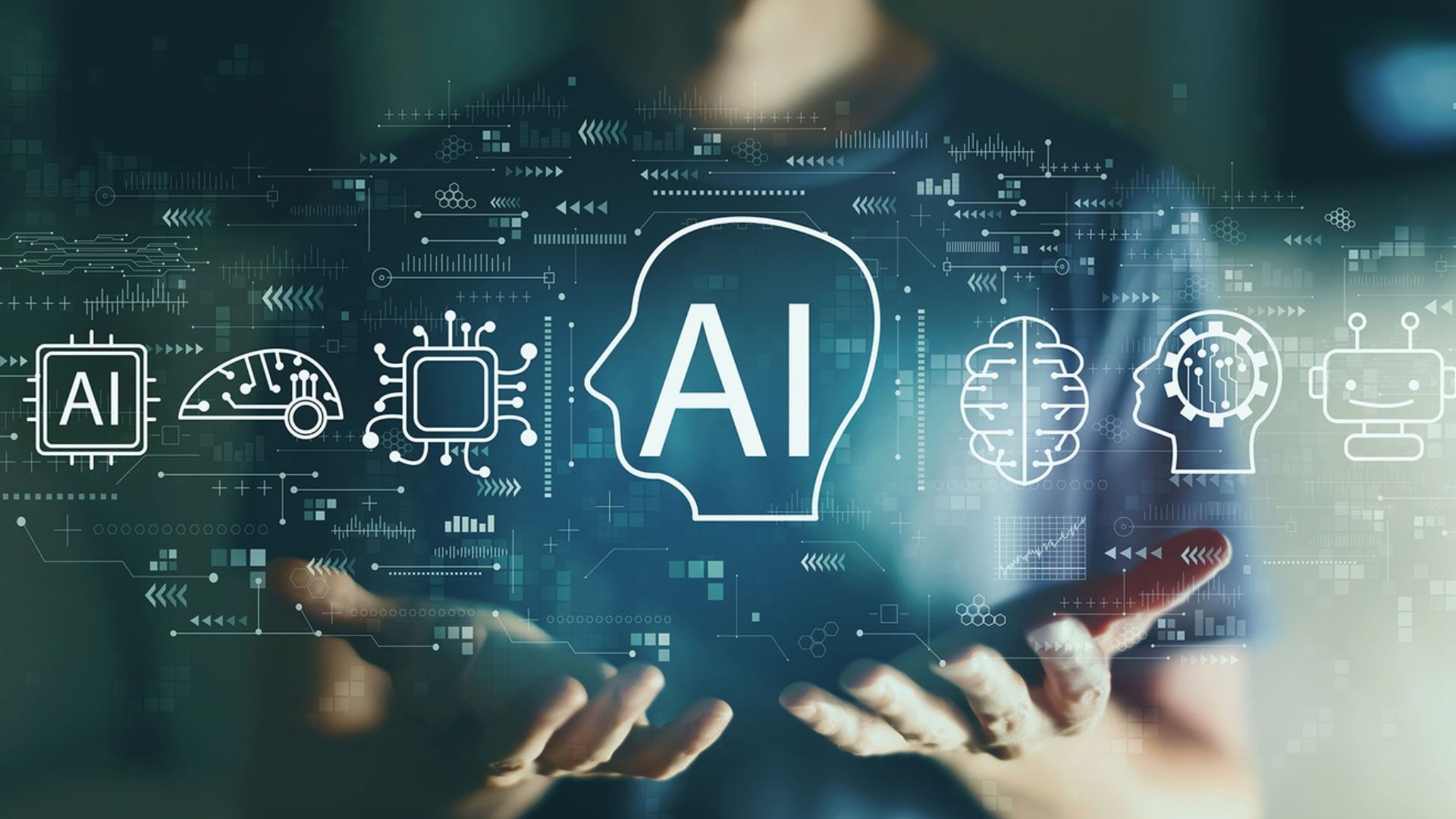Artificial Intelligence (AI) is no longer a futuristic concept—it’s an integral part of our daily lives. From personalized recommendations on streaming platforms to self-driving cars, AI is reshaping industries and redefining how we interact with technology. Here’s a look at how AI is transforming various sectors.
1. Healthcare: AI-Powered Diagnostics and Treatment
AI is revolutionizing healthcare by enabling faster and more accurate diagnoses, predicting diseases, and assisting in drug discovery. AI-driven chatbots and virtual assistants also enhance patient care and telemedicine services.
2. Retail: Personalized Shopping Experiences
E-commerce platforms leverage AI to analyze customer behavior, offer personalized recommendations, and improve inventory management. AI-powered chatbots also enhance customer service by providing instant support.
3. Finance: Fraud Detection and Smart Investments
Banks and financial institutions use AI to detect fraudulent transactions, automate risk assessments, and provide AI-driven investment advice. Robo-advisors help investors make data-driven financial decisions.
4. Education: Smart Learning and Virtual Tutors
AI-powered platforms offer personalized learning experiences, adaptive assessments, and virtual tutors. AI helps educators identify student strengths and weaknesses to tailor lesson plans effectively.
5. Transportation: Autonomous Vehicles and Traffic Management
Self-driving cars, AI-driven navigation apps, and intelligent traffic control systems make transportation safer and more efficient. AI helps optimize delivery routes and reduce congestion in smart cities.
6. Entertainment: AI-Generated Content and Recommendations
Streaming services like Netflix and Spotify use AI to suggest movies, music, and shows based on user preferences. AI also plays a role in content creation, from automated news articles to AI-generated art.
7. Manufacturing: Automation and Predictive Maintenance
AI-powered robots are transforming manufacturing by automating repetitive tasks and improving efficiency. Predictive maintenance systems analyze data to prevent equipment failures and reduce downtime.
8. Customer Service: AI Chatbots and Virtual Assistants
AI-driven chatbots and virtual assistants like Siri and Alexa handle customer inquiries, automate responses, and provide personalized experiences, improving efficiency for businesses and consumers.
9. Agriculture: Smart Farming and Crop Monitoring
AI optimizes agriculture through precision farming, soil analysis, and automated irrigation systems. AI-driven drones monitor crop health, helping farmers maximize yields and reduce waste.
10. Cybersecurity: AI-Driven Threat Detection
AI strengthens cybersecurity by detecting threats, analyzing patterns, and preventing cyberattacks. AI-based systems help companies protect sensitive data and stay ahead of evolving security risks.
Conclusion
AI seamlessly integrates into everyday life, enhancing efficiency, personalization, and decision-making across industries. As AI continues to evolve, its impact will only grow, shaping the future of work, business, and society.

